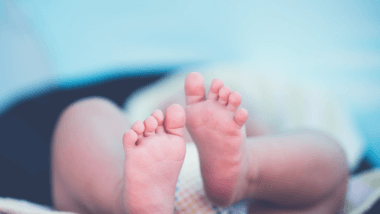Poland has implemented a court decision to protect disabled children from abortion.
The change in the law follows the 2017 citizens’ initiative ‘Shut Down Abortion’, which received 830,000 signatures.
Abortions will still be permitted in cases of rape, incest, or if the mother’s health is at risk.
Protests
The law came into effect after the publication of a ruling made by the country’s Constitutional Tribunal in October that found sections of Poland’s existing abortion law to be unconstitutional.
The Tribunal stated that “the unborn child, as a human being who is entitled to inherent and inalienable dignity, is a subject having the right to life, and the legal system must guarantee due protection for this central good”.
The implementation of legal protections was delayed by pro-abortion protests, including attacks on government buildings and churches.
Activist group Women’s Strike said it is planning further mass demonstrations across the country, in contravention of Covid restrictions.the unborn child, as a human being who is entitled to inherent and inalienable dignity, is a subject having the right to life, and the legal system must guarantee due protection for this central good
‘Not eugenics’
Commentators and politicians also attacked the pro-life ruling.
Ann Furedi, Chief Executive of abortion giant BPAS (British Pregnancy Advisory Service), claimed that it “is absolutely not a discriminatory or eugenic decision” to abort unborn disabled children.
UK newspaper The Observer called the decision to protect unborn children “a moral obscenity”.
The EU had previously told Poland the proposals represented a “serious breach of European values”.

Poland: Pro-abortion activists target churches
Poland protects disabled babies from abortion
Poland: abortion activists defy lockdown to protest pro-life Bill’

